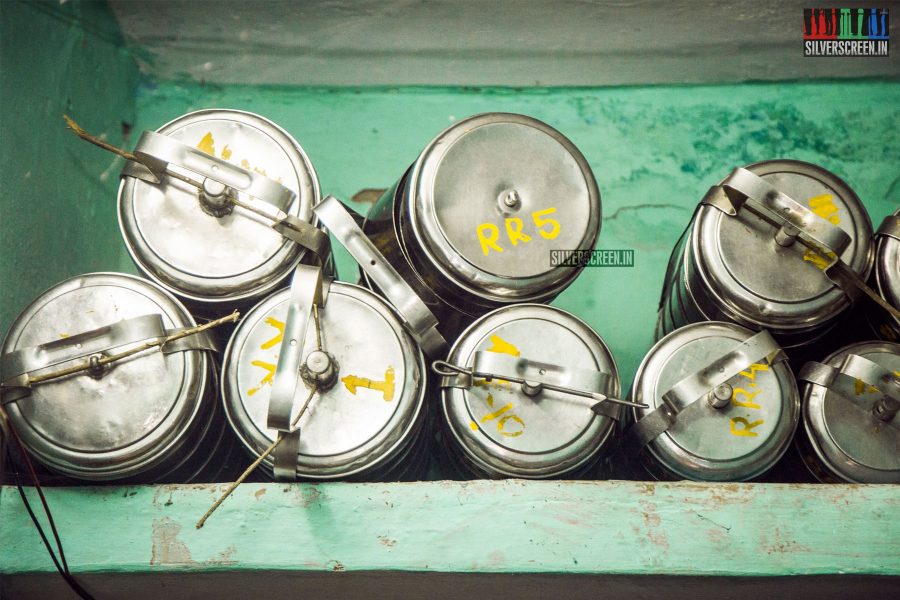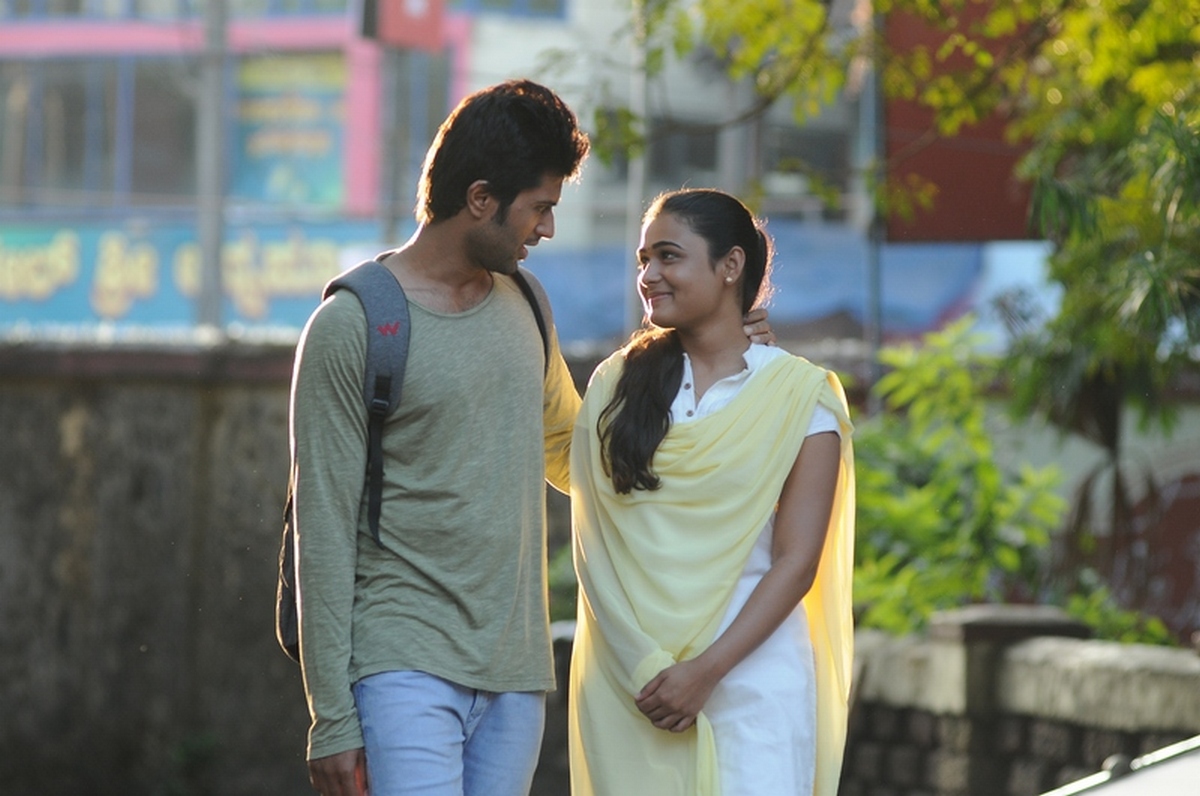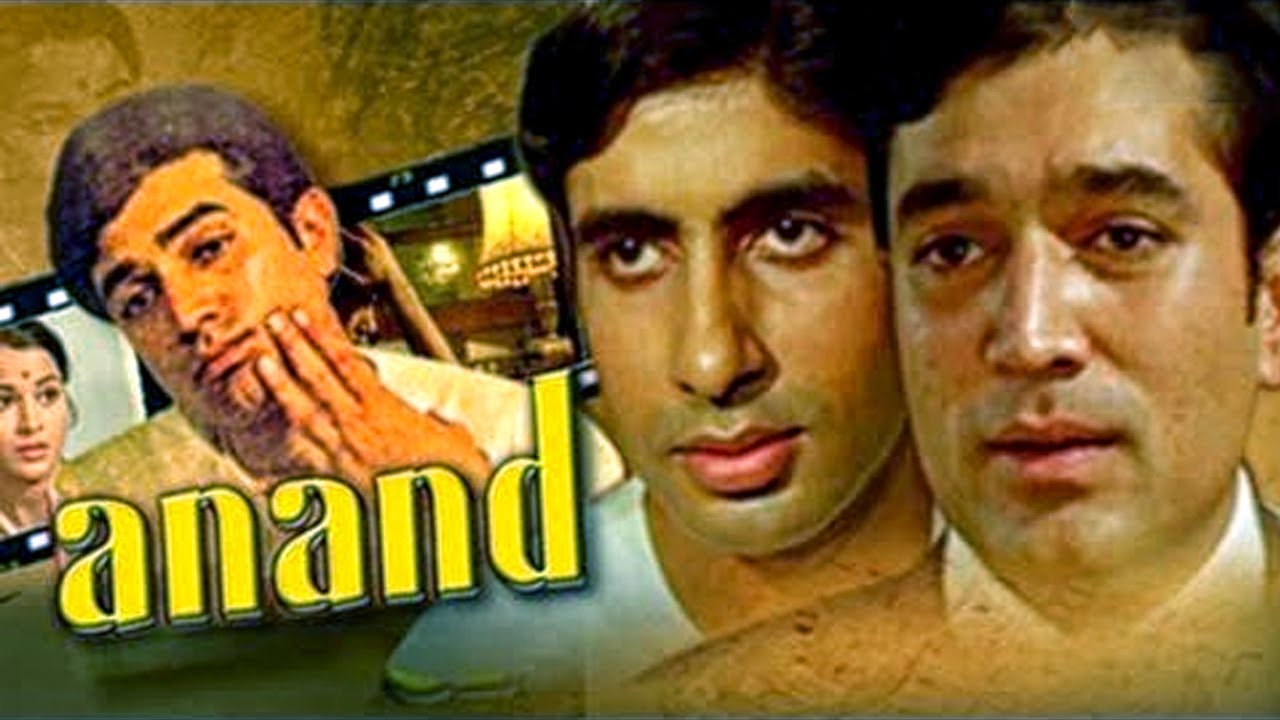Six days into the complete shut-down called for by the Tamil Nadu Film Producers Council (TFPC), the production assistants who keep film crews well fed and hydrated on location, are in need of sustenance themselves.
A few kilometres off the old AVM Studios in Virugambakkam, a tiny house with boarded-up windows serves as a makeshift godown for one of the many teams that supply food to film locations across Chennai. Stacked against its green walls are empty steel utensils of different sizes, plates, baskets, cutlery, and large tiffin boxes quite reminiscent of the dabbawaalas of Mumbai. It wears a deserted look now, as all godowns do every day – large, looming spaces where things live and people don’t. This particular godown is neither big or imposing, nor does it show signs of recent or imminent activity.

Thirty-five-year-old Ramkumar, production assistant by large, and manager by turn, opens the padlocked door to show us around. It’s been six days since the TFPC strike; six days since Ramkumar and his team had been at work, picking up daily essentials, and steel boxes full of meals for the various shooting spots that they serve. At the crack of dawn, flasks of milk, water, elaneer [tender coconut water], ice cubes, tea and coffee are routinely packed into cartons and loaded into vans at around 15 messes [small restaurants serving traditional food; in this case, most of them exclusively cater to film crews] in the city. From there, they are carted to film locations by productions assistants and their teams as early as 7 am. The menu doesn’t differ largely every day; Ramkumar observes a preference for meat-based dishes, but their daily stock almost always consists of chicken, mutton and kaara kuzhambu, three varieties of koottu, poriyal, and rice.
There are around 100 teams in Tamil Nadu supplying food to film crew, Ramkumar tells us. Registered with the FEFSI, whose head RK Selvamani had announced his support for the indefinite strike, the workers belonging to the teams have found themselves bereft of a job and wages for over a week now. “Vera vazhi ille, [there is no way out], they have to procure loans, find other jobs, or pawn jewellery,” says Ramkumar of the workers under him. “This is our thalai ezhuthu [destiny]; we cannot have a monthly salary because even the filmmakers wouldn’t know if they will be shooting next month.” Ramkumar might be a little higher up in the hierarchy, for he often finds himself managing teams, but he too relies on daily or weekly pay-outs. Before the strike, he was taking care of the food and beverage needs of the Maari 2 crew, and those of NK, the Selvaraghavan film starring Suriya.
Krishna*, a production assistant whom Ramkumar introduces us to, declares that he doesn’t have other skills so to speak of. Having been in the business for over 10 years – his “first film” was the 2014 Vijay Sethupathi-starrer Rummy – Krishna had procured loans back in his hometown to join the union. “There are qualification requirements even for someone like me. The union takes in only those who have passed their 10th class exams and are below 27 years of age. I have worked in over 1,000 films, but when there’s strike, it becomes difficult to pay rent and my children’s school fees. Last time, I took up a house-painting job. Now, I might even clean toilets if it comes to that.”

Ramkumar explains that production assistants traditionally used to stay behind even after the shoot has been wrapped up for the day. “But after Vishal came into power at the TFPC, our salaries were reduced,” he says,” Our call-sheets were fixed from the time the camera was unpacked to the time it was packed again. We still don’t leave until the entire crew has left; sometimes the things we bring – like chairs, for instance – would be used by the director or the cinematographer discussing work. In deference to the industry we serve, we wouldn’t like to tell them to vacate so that we can leave. Some producers are cognizant of our efforts and alter the call-sheets accordingly, but most don’t, so we end up staying behind an hour or two after ‘official hours’.”
*****
Ramkumar, who hails from Thanjavur, has been living in Chennai for the past 16 years with his family of four. He’d harboured a desire to turn director, and it was what that inspired him to join the industry. “I was misguided,” he rues. Having secured a position as an office help at Surya Movies when he arrived in the city, Ramkumar had hoped that he could assist a filmmaker some day. After all, that’s how things worked in cinema back then; one hovered around directors, developed a rapport, and if they showed aptitude, were eventually accepted into the fold. “But when I got here, things had changed a bit. You needed some kind of a formal education in films, had to be well-versed in technology, computers, and also had to know English to converse with artistes.”
Ramkumar says he took a crash course in computer applications at Madras University but couldn’t persevere at it. “I can’t blame anyone for it; I just lost patience,” he says, “I grew worried seeing people who were assistant directors (ADs) for over 15 years. I was told that when I become a production assistant, I could grow close to a director and make something of myself. But when I became one, I felt pigeon-holed into the role. There was no respect; they weren’t ready to recognise latent talents in me.”

Ramkumar toed the line though, hovering about during discussions (for Run, Dhool, Naga), brushing up his skills, mailing his resume to directors. “But, they looked only within their circle. Parthiban’s office was the only one that treated an aspiring AD the way he should be.” Soon enough, Ramkumar resigned himself to his role as a PA, taking up a full-time responsibility at a mixing theatre headed by AR Rahman’s sound engineer. “Media Arts was the leading mixing theatre back then. I was there for three years, and later moved on to work with other teams.”
Over the years, the film crews who have relied on him for daily sustenance include those of Lingaa, Mersal and Goundamani’s 49 0, Marudhu, Thuppakki Munai and Koodal Nagar among others, but Ramkumar is particularly proud of his role during the production of Amma Kanakku and Ananthapurathu Veedu, where he was the chief, responsible for his team. “Goundamani appreciated our food and service,” smiles Ramkumar, “but these days, since the arrival of caravans, the gulf between top artistes and the lower rung workers has increased. Back then, actors like Vijayakanth and Radha Ravi would eat with us. Vijayakanth is extremely down-to-earth; a true hero. They say he’s now perpetually drunk and talks nonsense, but I think it’s due to some physical ailments. Nobody else has tried to strike a rapport with us the way he did.”
Krishna echoes Ramkumar’s views, calling himself an “adimatta thozhilali [a person engaged in menial labour].” “Nobody talks for us. Our names roll in the end credits, but who hangs around when the film finishes? The top crew sometimes gifts us things, and that makes us happy.”
“Pugazhchi vendam [I don’t want appreciation],” says Ramkumar, “My name in end credits means nothing to me. I am not a skilled worker. Just give me monetary compensation instead, as that sustains my family.”
Recommended
Ramkumar’s almost passive acceptance of his “destiny” doesn’t translate to indifference for his buried ambitions, though. “I have served almost all top actors. Rajinikanth, Kamal Haasan, Aamir Khan, Shah Rukh Khan… and also top filmmakers,” he says, “I have served food to director Shankar, but would like to work with him on location, help him with shots.” His work so far, Ramkumar declares, has been satisfactory, if not great. “I landed a job at TVS in Mysuru, but was driven by the love for cinema. I cannot say I am happy now, oru nilai illamal irukku [there’s no constant]. I have to be prudent with money. But, having relocated from my hometown in pursuit of passion, I have not done badly for myself. Just a little off the mark, perhaps.”
Reportage: Dani Charles
*****
*Name changed to protect identity



